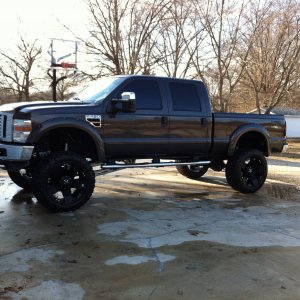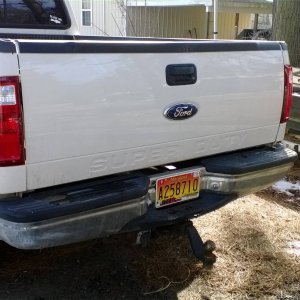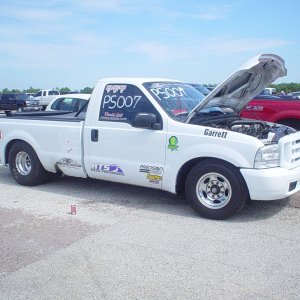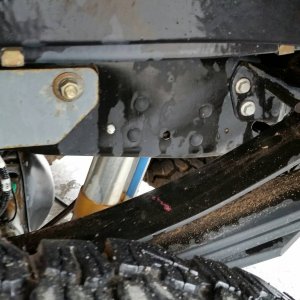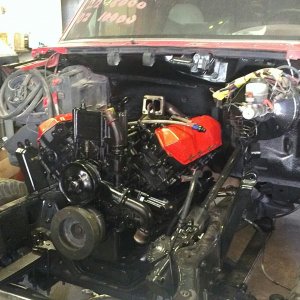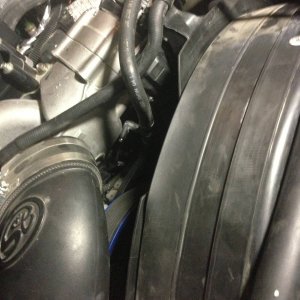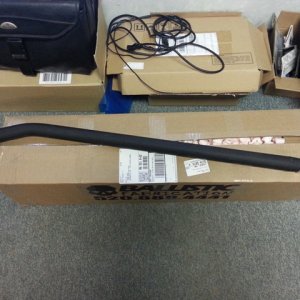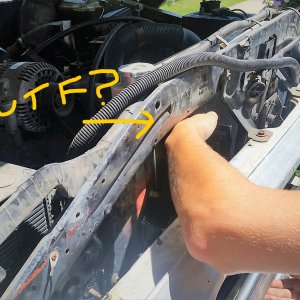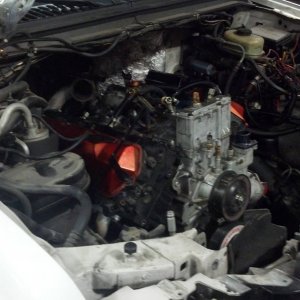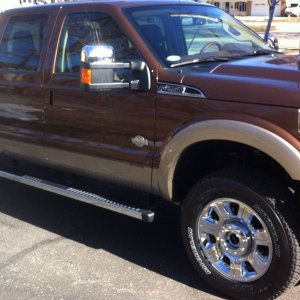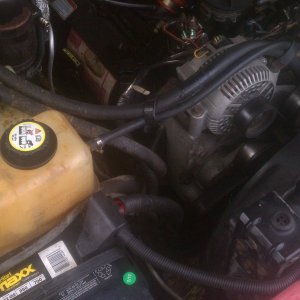sonic blue l
New member
oh and telling him to drive his truck with a suspect failed turbo is moronic and could result in personal injury or death.
the dealership is telling him to replace the engine either because:
- the customer does not want to spend more money past the general ids, crankcase pressure test you can do.
- the engine shows signs of dusting so they decide there is no point in doing a manual compression test as the engine is dusted
- the engine has excessive engine hours with poor maintenance, the turbo bearings are so coked that the turbos barely turn
- the fuel system is full of **** and its more cost effective due to the fuel system combined with elevated crankcase pressure issue
- its a safer bet to replace the engine vs follow all ford diagnostic procedures as they are time consuming and may result with the same conclusion
- they don't have a clue where to go from here, and want to play it safe and recommend complete engine replacement
the dealership is telling him to replace the engine either because:
- the customer does not want to spend more money past the general ids, crankcase pressure test you can do.
- the engine shows signs of dusting so they decide there is no point in doing a manual compression test as the engine is dusted
- the engine has excessive engine hours with poor maintenance, the turbo bearings are so coked that the turbos barely turn
- the fuel system is full of **** and its more cost effective due to the fuel system combined with elevated crankcase pressure issue
- its a safer bet to replace the engine vs follow all ford diagnostic procedures as they are time consuming and may result with the same conclusion
- they don't have a clue where to go from here, and want to play it safe and recommend complete engine replacement
Last edited:

